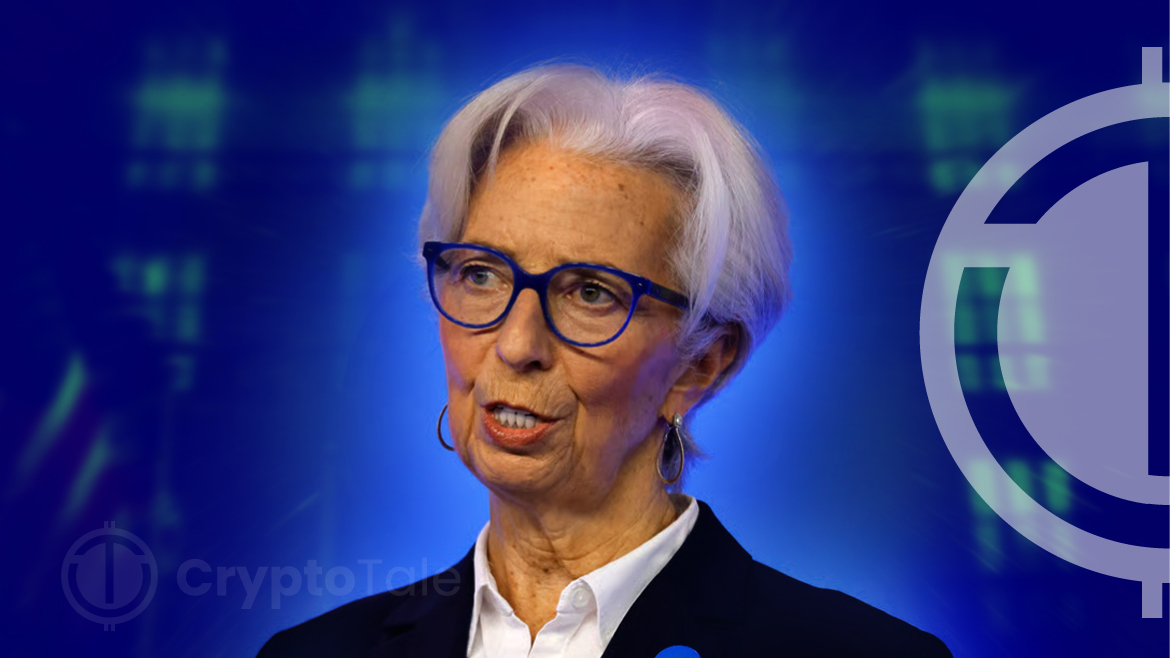- ECB President Christine Lagarde reaffirms caution on cryptocurrencies, citing personal experience through her son’s significant losses.
- Lagarde’s candid disclosure to students in Frankfurt about her son’s 60% crypto investment loss solidifies her reservations about cryptocurrencies.
- The ECB’s pursuit of the Digital Euro continues amid Lagarde’s opposition to cryptocurrencies as global authorities strive to navigate crypto regulations.
In a recent development, renowned crypto journalist Colin Wu, via Wu Blockchain X post, has spotlighted a revealing incident involving Christine Lagarde, the President of the European Central Bank (ECB), strengthening her negative stance on cryptocurrencies. Lagarde, known for her vocal criticisms of digital assets, recently disclosed her son’s substantial losses in crypto investments, emphasizing her persistent warnings against the volatile nature of these assets.
Addressing a group of students in Frankfurt, Lagarde candidly shared that her son defied her advice and suffered severe financial setbacks, losing nearly 60% of his crypto holdings. This admission serves as a poignant reinforcement of Lagarde’s longstanding reservations about cryptocurrencies, citing their speculative tendencies, lack of inherent value, and potential misuse for illicit purposes.
Lagarde’s firm stance against cryptocurrencies has been evident in her previous statements. Last year, she vehemently declared these assets worth nothing, emphasizing their foundation on what she deemed “nothing.” Under her leadership, the ECB initiated plans to introduce the Digital Euro, a Central Bank Digital Currency (CBDC), aiming to counter the rising influence of virtual assets.
Reflecting on her son’s investment misfortune, Lagarde reiterated her son’s initial dismissal of her warnings, leading to realizing the risks associated with crypto investments only after substantial losses. She remarked, “He reluctantly accepted that I was right.” Asserting her skepticism further, she expressed disdain for cryptocurrencies, emphasizing the need to curb participation in activities linked to criminal trade.
Lagarde has previously opposed Bitcoin’s dominance and underscored that central banks were unlikely to embrace it in the foreseeable future. Despite advocating for CBDCs as a potential deterrent to the growing popularity of cryptocurrencies, the ECB has yet to progress significantly with developing the digital euro as an alternative.
As the ECB persists in exploring the prospects of a digital euro, the ongoing discourse regarding cryptocurrency regulations remains a global concern. Balancing innovation with security remains a focal point for global authorities amid the ongoing debate surrounding these digital assets.












